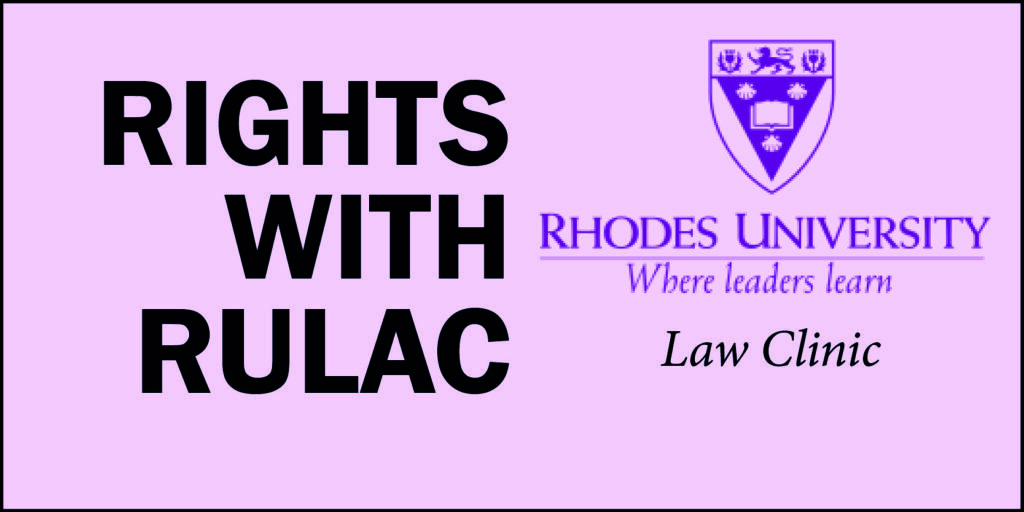By RYAN MCDONALD
The act of divorce can have important proprietary consequences. In other words, there could be implications for your immovable property (e.g. a house), movables (e.g. a car) and incorporeal property (e.g. savings). The Divorce Act empowers a court granting a divorce to make an order with regard to the division of the property of the parties. In the majority of cases, the parties to a divorce are able to agree upon the division of their assets in a way that suits them. Where agreement can be reached, this agreement will be formalised in writing and incorporated into the divorce order. In the event that the parties are unable to reach agreement, then the matrimonial property regime that the parties are married under will become the point of departure in determining how assets are to be divided.
We have previously looked at the concept of a matrimonial property regime (see “He / She said, ‘Yes”…” published on 1 February 2019). To recap, where the parties were married in community of property, their joint estate will be divided equally between them. Where the parties are married out of community of property, then there are no joint assets, so the issue of dividing property is not relevant. In the instance where a couple are married out of community of property with the accrual system, then the difference in the amount by which the couple’s respective estates grew during the marriage is divided in half. It is important to note that the pension interest of a party to a divorce will, for the purposes of the division of assets, be deemed to be an asset of the estate.
There are two instances in which it is possible to deviate from the default position of the matrimonial property regime (outside of the parties agreeing to do so). The first is where the marriage was concluded before 1 November 1984, in terms of an out of community of property antenuptial contract, the court is empowered to grant a redistribution order in terms of section 7(3) of the Divorce Act. A court will grant a redistribution order only if it is satisfied that it is equitable and just to do so. The possibility of a redistribution order will apply to a relatively small number of divorces and a full discussion of it is beyond the scope of this article.
The second instance is where the court grants a ‘forfeiture order’. This is a provision that recognises that an individual should not benefit as a result of their own wrongdoing, and thus should forfeit part of what would ordinarily be due to him/her. Where a forfeiture order is sought, the party seeking it will have to show that one or more of the following factors favour it:
- the duration of the marriage
- the circumstances leading up to the breakdown; and
- if applicable, any substantial misconduct by one or both of the parties.
An extreme example of where a forfeiture order could be granted is where a 20-year-old man, with no assets to his name, marries a 70-year-old woman with an estate of R20 million in community of property. After physically abusing the older lady for a month after marriage, he files for a divorce seeking half of the joint estate. In these circumstances, a court may find that the young man will unduly benefit if he receives one half of his estate and may well grant a forfeiture in favour of the wife, based on the length of the marriage, the circumstances that lead to the breakdown, and the misconduct.
It is important to note that one can only forfeit a benefit. If the roles were reversed in the above scenario, the young man would only ever be entitled to the normal consequences of a marriage in community of property (half of the joint estate). This is because there was no benefit for the older lady with the large estate marrying the younger man with no estate. There is therefore no benefit to forfeit.



